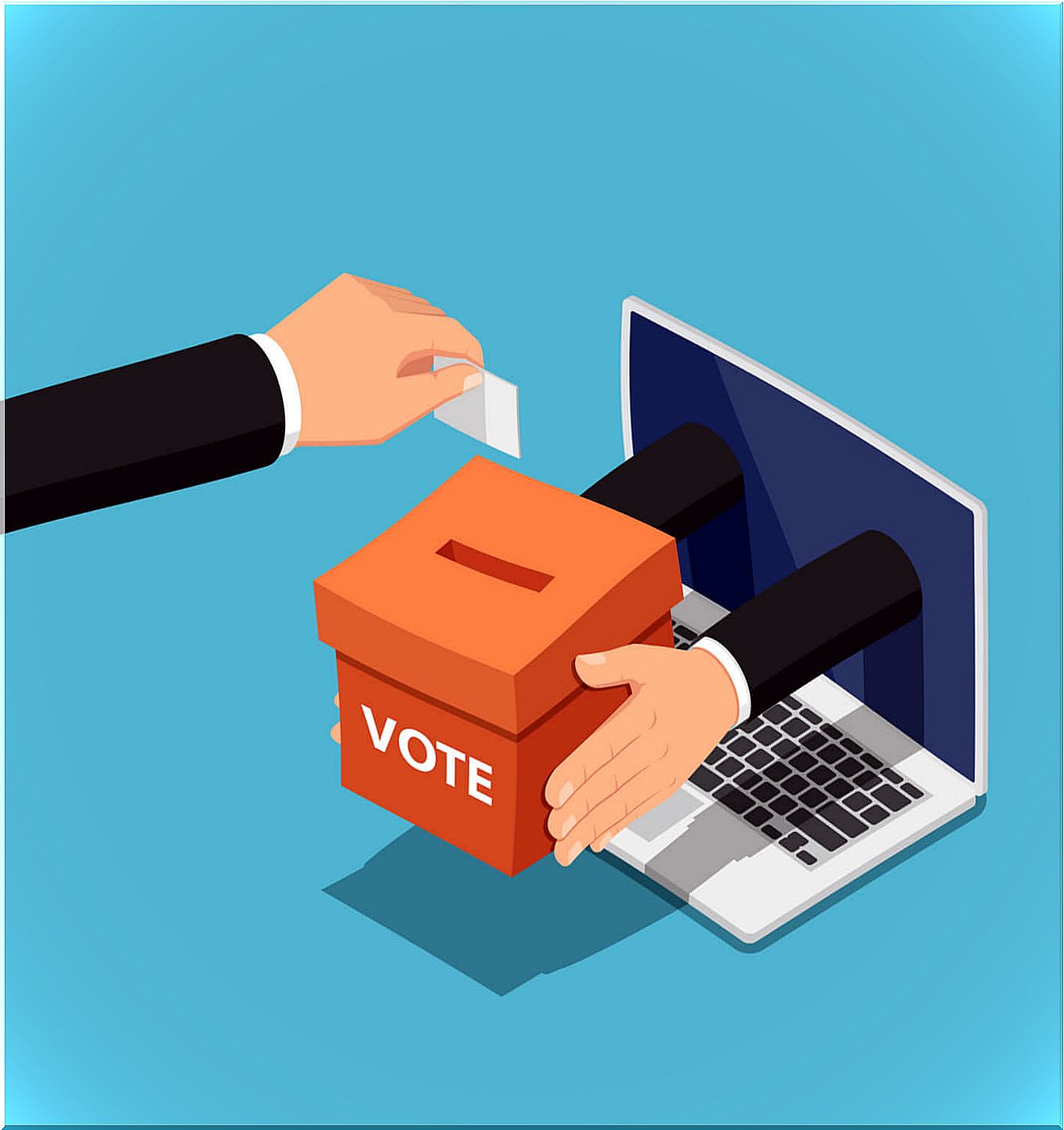Do You Use Social Networks Or Do They Use You Thanks To Them?

It is positive that people have ideas and that they do not keep them, that they transmit them and that thereby allow them to generate new ideas, increase options, create other criteria … I like people to think.
It always has more value, at least from my point of view, the one that bases its actions on its principles and not for the benefit or harm that it may have for other people, thus basing its criteria depending on their affiliations and their phobias or whether it suits you or not at that time.
Social networks have broken into our lives to stay, they have done so thanks to their virtues, since the immediacy, gratuitousness and freedom of rapid transmission means that all kinds of news reach us with great agility.
The news that reaches us are only words, they must all be understood from the subjectivity of which the diffusion began (of the possible interest of the person who tells us), we can never leave aside that whoever transmits it has an intention, perhaps that of to inform or perhaps to condition ourselves, so I would like to encourage everyone to develop a more awakened attitude, to get out of that uncritical and consumerist way of relating to information.
For a long time, the media had that power, if something appeared on TV or in the newspaper it was true, period, many people did not question whether or not they agreed with what they heard or read, they assumed the arguments of others as their own in a way. automatic.
So far I am only taking into account the innocent subjectivity that the human condition has inherent, but for those who do not have such innocent intentions, all this that I have just exposed is not a secret but a tool for their purposes.
Anyone who wants to convince us of something has it very easy now, it is as simple as resorting to writing a message on twitter or whatsapp generating a chain with all those who believe or assume what they expose as true, and to achieve it they will disguise or manipulate their arguments, adorning them with data that we obviously don’t check before retweeting or sending.
The keys they usually use to persuade us are:
· Generate a primary emotion in the reader, mainly:
– Afraid
– Go to
– Surprise
– Dislike
– Interest
With the aim of conditioning it, making it impulsively become one more link in the chain of the purposes of the person who devised the strategy, whether it be political or prestige or discredit of something or someone in particular.
· Provide information according to what the majority of the population thinks.
· Begin by giving data at first in an objective and neutral way, to lead to subjective and partisan conclusions.
In politics this is key: it is much easier to condition ourselves with something that causes us discomfort than well-being, so whoever has this purpose is going to use arguments against their competitors that generate discomfort to the voters in order to get our vote because the other option is not worth it.
Both in life and in politics, it is preferable to enhance the qualities, so regardless of whether what comes to us is true, the ideal is to focus our attention on who is going to contribute the best based on my ideas, and not decide on based on our discomfort, logical at this stage.
Talking about problems creates and fosters problems, talking about how to solve problems predisposes us to open our minds in search of new options that fail or do not at least make us move on the road.
The reality is already hard enough to promote social tension, the seed of radicalism.
The ideal is to read, observe what emotion it generates in you, what idea the message intends to convey: the form and the medium also matter. If you want to become a speaker for it, then Share!
Photo courtesy of Igor Zakowski









